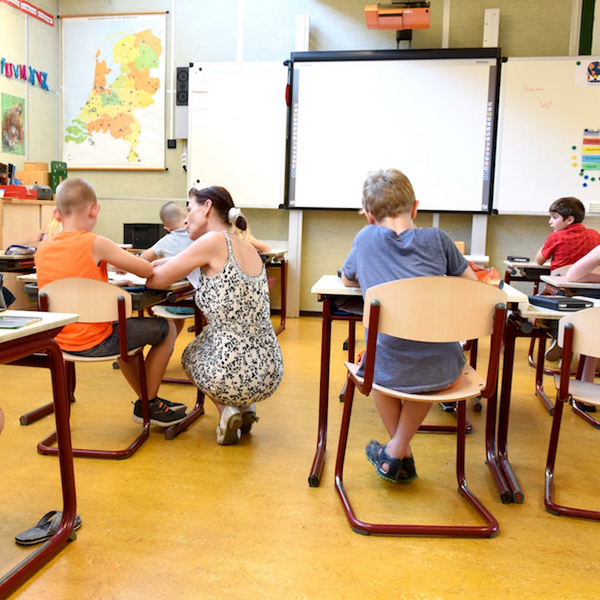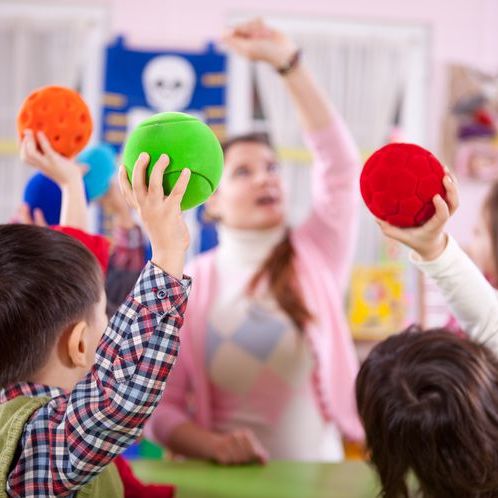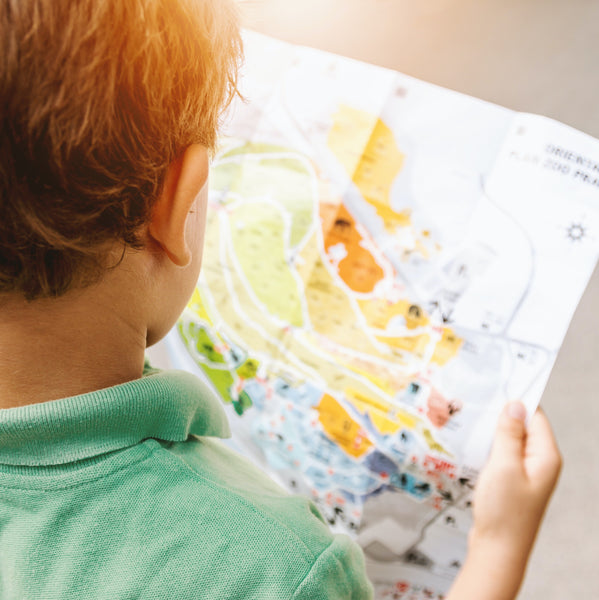Research -- StepUp to Learn
Research Casts Doubt on This Longtime Academic Practice
This longtime academic practice has no impact—positive or negative—on reading development for elementary school students.
Why Our Brains Prefer Symbols to Words
New study dives into our brain’s knack for recalling symbols and logos over their word counterparts.
'Mister Rogers' 2.0? Chatbot Aims to Boost Kids' Positive Self Talk
Researchers aim to create child-centric experiences with a chatbot that provide fun and educational practice opportunities without compromises children’s privacy.
Brain Activity Decoder Can Reveal Stories in People’s Minds
A new artificial intelligence system can translate a person’s brain activity — while listening to a story or silently imagining telling a story — into a continuous stream of text.
Why Some Children May Be Slower to Learn Words
New research could help identify children at risk for language delay at an earlier stage so that they can get better support.
What Happens When We Read? Decoding the Brain's Dual Networks
New research reveals how two adjacent brain networks collaborate to make sense of what we read.
Can Children Map Read at the Age of Four?
Children start to develop the basic skills that underlie map reading from the age of four – according to new research from the University of East Anglia.
Talk With Your Hands? You Might Think With Them Too!
When we learn, we use movement practice to embed movement patterns into our muscle memory.
Why Are Language Delays More Common in Boys?
Caregivers talk more to toddlers after they say their first word, which suggests that children actively influence their own language development.
Lemon Not Melon: How Our Brains “Time-Stamp” Sounds to Process the Words We Hear
While the brain’s role in processing individual sounds has been well-researched, there is much we don’t know about how we manage the fast auditory sequences that constitute speech.
Visualization: How Kids 'See' the Story Beyond the Pictures
Visualization is essential to reading comprehension. Researchers discover a simple way to boost it at home.
Teaching Spatial Thinking Boosts Verbal Reasoning
New findings could not only upend how educators craft curricula, but reveals a hidden link in the human mind.












